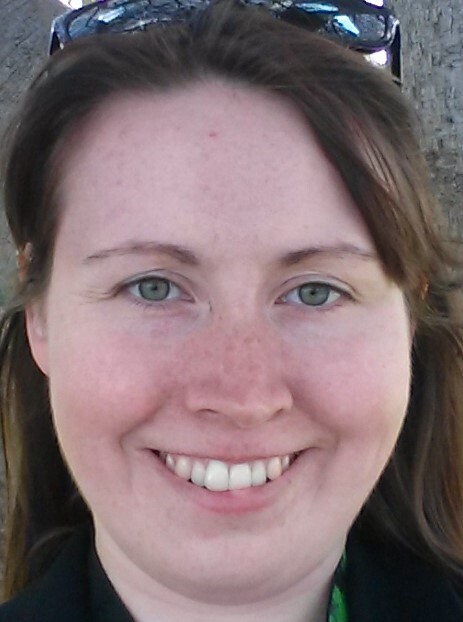Staff profile
Dr Catherine Hailstone
Leverhulme Early Career Fellow

| Affiliation | Telephone |
|---|---|
| Leverhulme Early Career Fellow in the Department of History |
Biography
Profile:
I studied History and Medieval History at the University of York between 2011 and 2015. My doctoral research, entitled 'Fear in the Mind and Works of Gregory of Tours' and funded by the AHRC and WRoCAH, was also completed at York between 2016 and 2020.
My first book, provisionally entitled God, Demons, and Fear in Merovingian History and Philosophy, offers a new perspective on the famous late-sixth century historian and bishop, Gregory of Tours. Using the historical lens of the fear of God and those fears associated with the devil and demons, my study sheds new light on Gregory as a late antique moral philosopher. In so doing, it builds on the extensive body of existing scholarship on Gregory that discusses Gregory as a historian, theologian, and rhetorician, re-evaluating the significance of Gregory and his collected writings as one of our best-known sources of the post Roman and early Merovingian world.
Emotional Architectures: Atmospheres of Power in Late Antique Churches:
Building on the foundations of my article 'Atmospheric Architecture: Gregory of Tours's Use of the Fear of God in Tours Cathedral and the Basilica of St. Martin', I have been awarded an Early Career Fellowship funded by the Leverhulme Trust (2022-2025) to undertake a new research project on Emotional Architectures: Atmospheres of Power in Late Antique Churches. My project examines the creation of emotionally-powerful atmospheres, or atmospheres that were potent enough to elicit emotional responses, in the churches and basilicas of late antique Gaul and Italy c.400-600. Using a combination of textual and material sources from the period, I am seeking to provide answers to three main questions: 1) how did the controllers and commissioners of religious buildings use material architecture, interior decoration, and liturgical ceremony to produce emotionally-powerful atmospheres in the basilicas and churches of late antique Gaul and Italy? 2) why did they do this? 3) how were their efforts affected by the disintegration of the western Roman Empire, the socio-cultural and political changes that this wrought, and the growth in the number of theological conflicts surrounding Christian attitudes towards the worship of relics and practice of asceticism in the late fourth, fifth, and sixth centuries?
To this end, my research is divided into three main strands: 1) church architecture and saints' relics; 2) interior decoration within late antique churches; 3) liturgy and experience. In each of these three strands I will be using a variety of multi- and interdisciplinary methodologies that will see the recent research published in emotion, architectural, spatial and socio-cultural history combined with 3D modelling technologies, archaeological data, and studies of symbolism and imagery produced by History of Art. Besides a second monograph and article, the main outcome of this project will be to pioneer a new methodology that will pave the way for historians to make the invisible atmospheres of ancient buildings accessible. In so doing, my project will change how we conduct research into the history of emotions, churches and the late-Roman world, showing that emotions’ social and political power can be accessed through those intangible atmospheres.
Other Activities:
I am the Communications Officer for the Department of History (2023-2024) and the Administrative Officer for The Society for the History of Emotions (SHE) (2024-2026). As SHE's Communications Officer (2018-2023), I helped organise their third biennial conference, Going Places: Mobility, Migration, Exile, Space, and Emotions, held in Florence (2022). I am organising an international conference, Atmospheres of Power: Architecture and Emotion from the Ancient to the Medieval World, to be held at Durham University in July 2025.
Research interests
- Atmospheres and Emotions in Late Antique Churches
- Emotional Architectures in Gaul and Italy c.400-600 CE
- Gregory of Tours
- History of Emotions in the Ancient / Late Antique World
- History of Fear
- Late Antique Theology
- Merovingian History / Philosophy / Theology
Publications
Journal Article
- Atmospheric architecture: Gregory of Tours’s use of the fear of God in Tours Cathedral and the Basilica of St MartinHailstone, C. (2022). Atmospheric architecture: Gregory of Tours’s use of the fear of God in Tours Cathedral and the Basilica of St Martin. Early Medieval Europe, 30(3), 325-349. https://doi.org/10.1111/emed.12559

